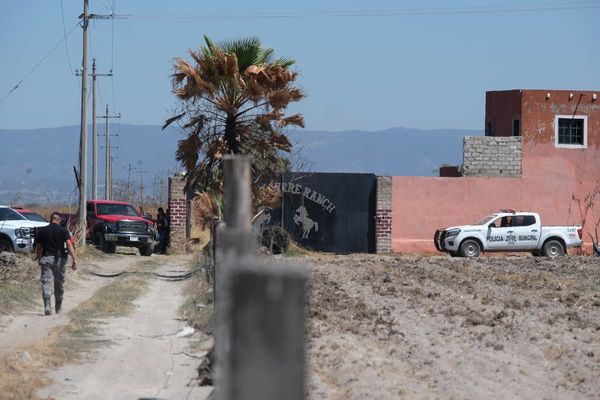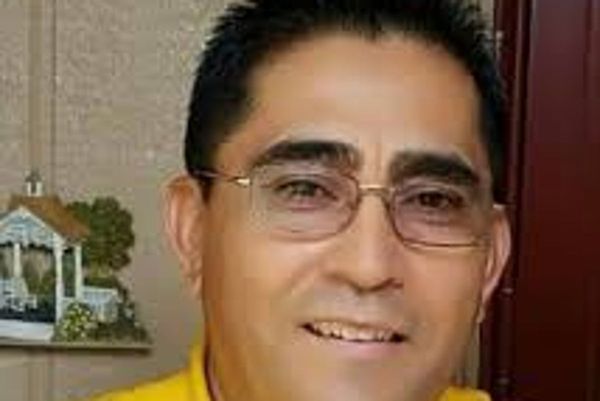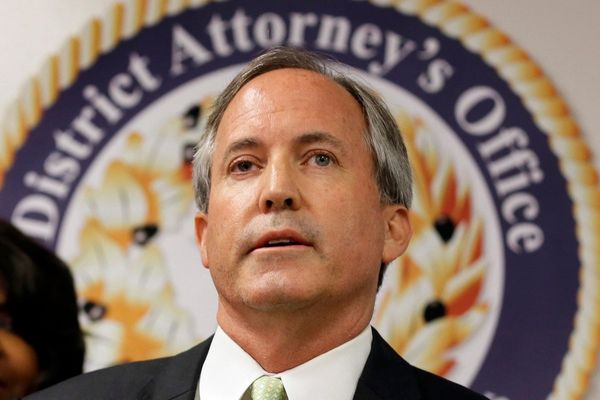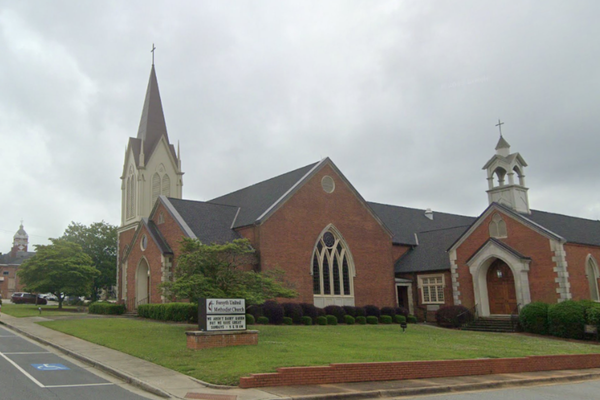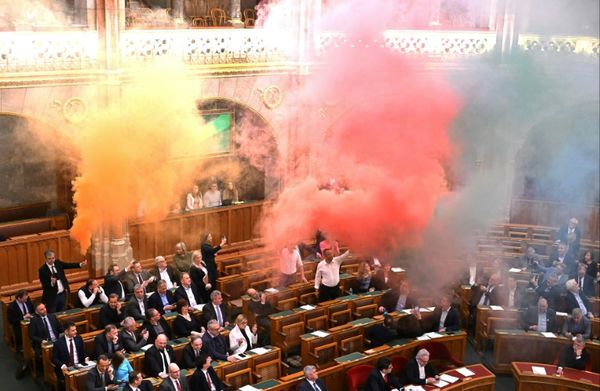
Although it’s 20 years since the Iraq war started, and coming up to 19 years since my son was killed, it still feels like yesterday to me. Anniversaries don’t mean much except another year without Gordon. It’s just as hard as it was in the beginning.
Gordon never really had an ambition to join the forces. He was just a normal boy: full of fun, loved his sisters to bits, never got into trouble. He loved climbing, so if you were looking for Gordon you’d look up the nearest tree. He’d have his pals round every weekend, and they built a shed in a neighbour’s garden and nicknamed themselves the shed heads.
He only thought of joining up because he couldn’t get a job, and one day the army was recruiting at the jobcentre and he’d been to talk to them. I didn’t want him to join – I kept saying: “Don’t worry about it, you’ll get a job.” But there was absolutely nothing for him. The minute he signed up, of course, I was so, so proud of him. Especially seeing him at his passing-out parade in the khaki and the glengarry and the tartan trousers. He joined the Royal Highland Fusiliers and went to train at Catterick, and then, after only a couple of days in Cyprus, he was off to Iraq. The day he left was my 40th birthday.
Like most people, I was aware of the Iraq war at the time. I watched the news the night they invaded and I heard Tony Blair talking about Saddam Hussein. I don’t think Gordon thought much about it. They were only young boys; they just went where they were sent.

I had only one phone call with Gordon once he was in Iraq, and he said he’d met a bunch of great friends. That was on the Friday, and he was killed on the Monday, just three weeks after he arrived in Iraq, when the truck he was in hit an improvised explosive device. I was at work when I found out. The liaison officer took me into his car and said: “There’s no other way to say it: Gordon has been killed in a roadside bomb.” I’m told that I got out of the car and started screaming.
It was only afterwards that I started hearing things about the lack of equipment and the way the war was going, and I began to question what we’d all been told. It took 40 months to get an inquest, which found that a crucial piece of bomb-disabling equipment, which probably would have saved Gordon’s life, was left less than a mile from their base in Basra. The inquest made recommendations that I hope have saved lives, but it didn’t stop me campaigning to expose the truth behind Blair’s words. Why did that man send my son to Iraq? Was it for oil? Where were the so-called weapons of mass destruction (WMD)? I still believe that Blair broke the European convention on human rights, but a case I brought was rejected by the high court and the court of appeal. Gordon’s memory gave me the strength to go on fighting. He was my son and I had to know the truth.
For years and years there was no resolution and no consolation – until the Iraq inquiry finally gave its verdict in July 2016. All the families sat in that room as everything we had said was shown to be true: Blair had deliberately exaggerated the threat posed by Saddam and WMD; peaceful alternatives had not been exhausted; the military were not properly equipped. Blair said afterwards that some mistakes had been made, and I thought: “Well, why did you make those mistakes?” Not once during the inquiry did he look at any of the families in that room. As he walked by me with his security guards, I said to him: “You murdered my son.” They just rushed him out of the door.
People assume that I’m anti-war, but the Iraq war was my only fight. I don’t blame the army for what happened to Gordon. There’s only one person I blame, and he should be in a court being tried as a war criminal, not just in an inquiry, avoiding the eyes of the families of the dead.
People also say that I must be proud of myself for coming this far, but I’m not that either. The only person I’m proud of is Gordon. He used to call me his wee crazy mum, at it again. I just hope that politicians in future think more carefully about sending boys like him to war. Because there are too many families suffering because of a place that we didn’t need to be.
Rose Gentle’s son, Gordon Gentle, was killed in Iraq in June 2004. As told to Katy Guest
Do you have an opinion on the issues raised in this article? If you would like to submit a response of up to 300 words by email to be considered for publication in our letters section, please click here.
